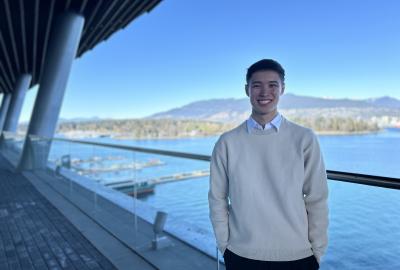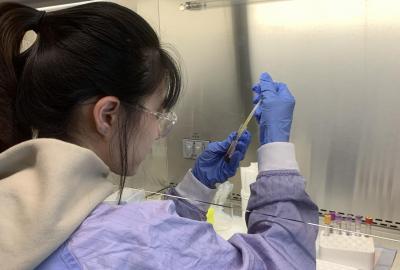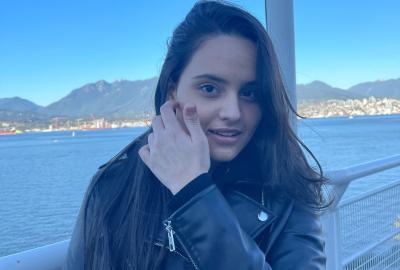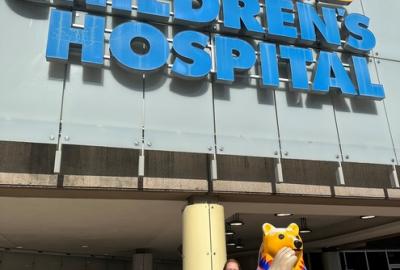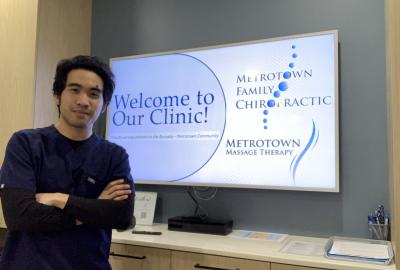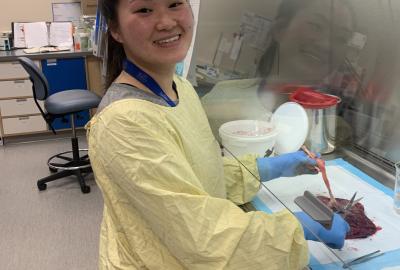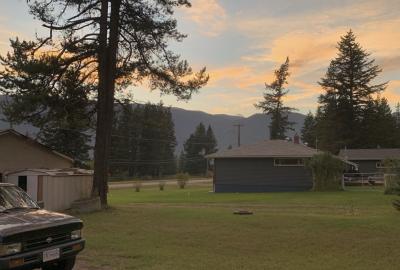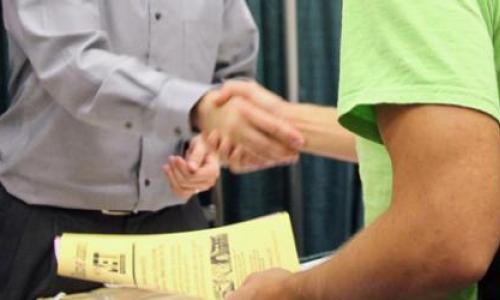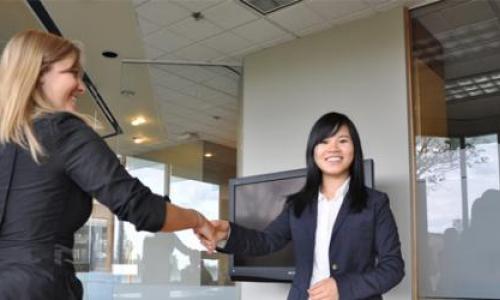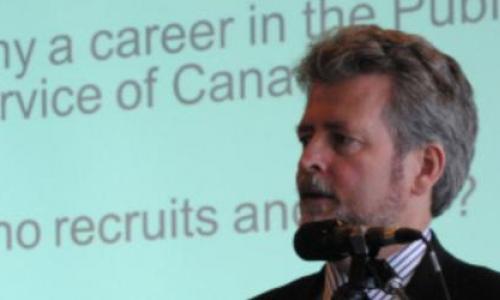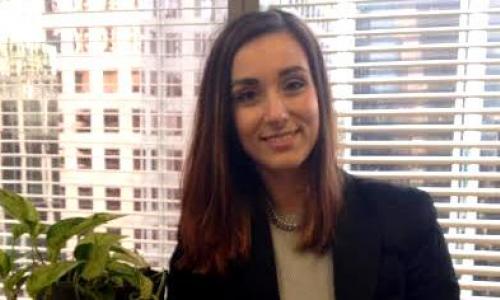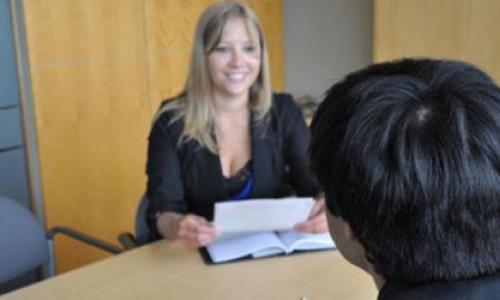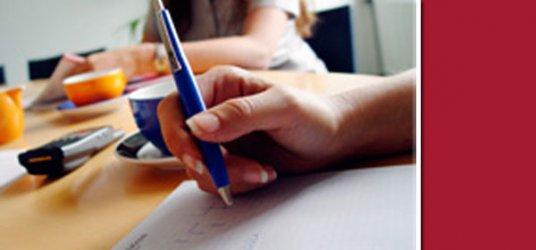
You've gone through the whole process - finding the perfect job posting, writing an exceptional cover letter and resume, submitting your application, then preparing for the interview and performing your best in it. Now you're finished and all you can do is sit and wait for the callback, right?
That's where far too many people go wrong. When you are looking for a job, you should think about taking that one extra step and send a thank you letter to your interviewer (unless you know that the employer does not appreciate receiving them – some larger organizations actually request that you do not send thank you letters). For most, however, it shows your potential employers how interested you are in the position and it also gives you an advantage over all of the other applicants who did not bother to do this.
Here are some tips on how you can get in on this secret:
Be Quick!
A thank-you letter won't do you much good if the employer gets it after they've already offered the job to someone else. So whatever you do, make sure that the employer gets your letter within 24 hours of the interview. Thus, although a hand-written, hand-delivered letter would be ideal, an emailed or faxed thank-you letter is still acceptable if that's the only thing you can provide in a short time frame.
One Size Fits All?
The internet is a vast and valuable resource but it also has its severe downfalls. Whether it's your resume, cover letter, or thank-you letter, make sure to never use a template message. Although it may sound perfect to you, you never know if the employer has read the very same letter before. In that case, a generic letter could be detrimental to your chances of getting the position.
It's Worth the Effort
A poorly-written letter can be just as problematic as a one-size-fits-all thank-you letter. Spend time personalizing and editing this, just as you would for your resume and cover letter. Additionally, no matter how casual your interview was, remember to keep the tone of your letter formal and professional.
Restate Your Interest
Look at your letter as the last chance you have to impress the employer. Show your enthusiasm and interest in the position while restating your qualifications. Make sure that they remember who you are and what makes you the ideal candidate for the position.
Say What You Forgot in the Interview
We have all been in that situation where we think of the perfect thing to say when the moment has long passed. Usually, the only thing you can do about it is sulk, but if that happens in an interview, use this thank-you letter to bring up those all-important points. Remember that the letter is a supplement to the interview, so work off of your previous responses and avoid backtracking unless it would be crucial for the position.
Thank the Employer!
Last but not least, be courteous and remember to thank everyone that was involved in your interview process. Depending on the organization, a group thank-you letter will normally be adequate, but if you were interviewed by several distinct individuals, you can modify the letter slightly and send a personalized version to each individual. It is your one last chance to show them that you are confident, personable, and highly qualified for the position, so don’t throw this opportunity away!


